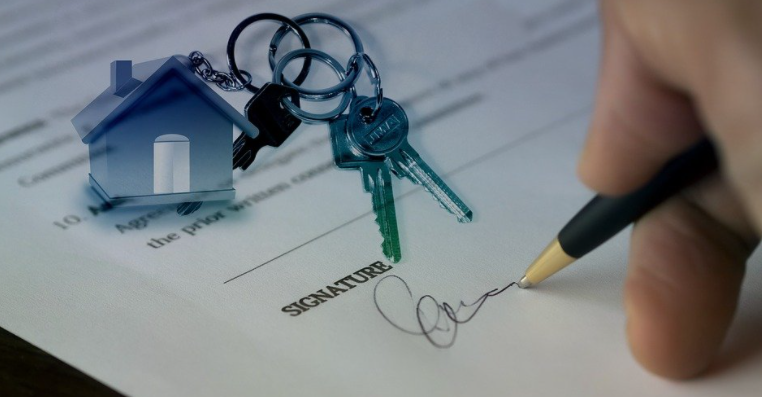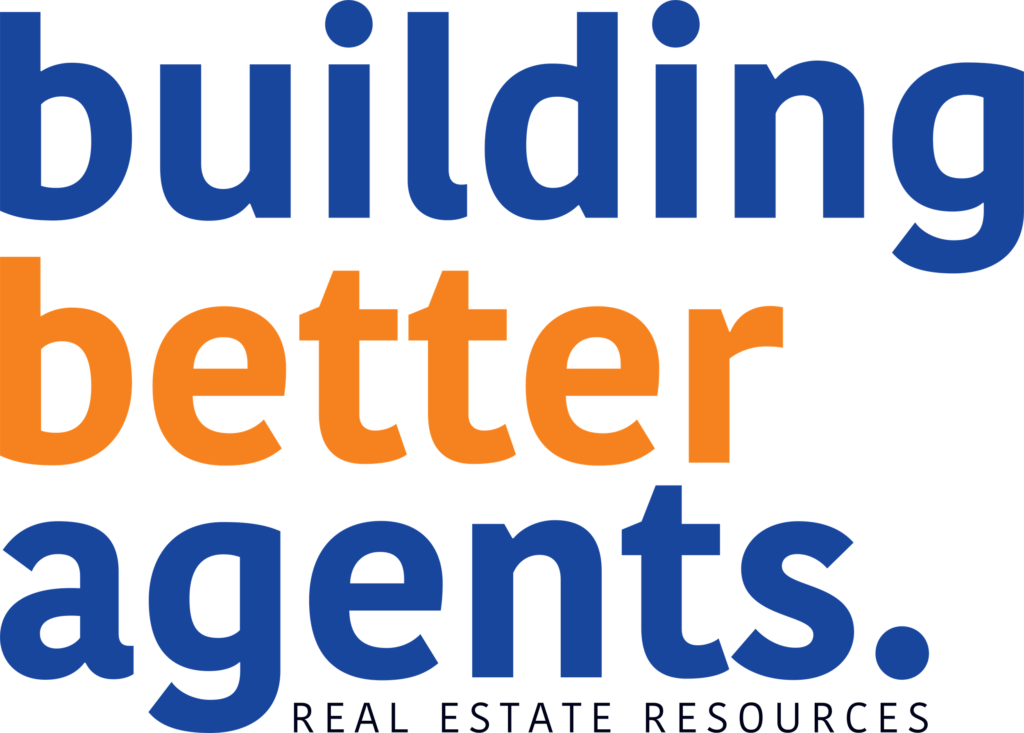
You need to be familiar with the requirements to obtain a Illinois real estate license. This article covers the Requirements to obtain a real estate license, continuing education, and revocation. It also addresses some of the most common questions that are asked during an exam. Contact the Board of Real Estate Examiners if you have any questions. The Board of Examiners has the responsibility to ensure that laws are fair and that licensees are protected.
Article 15
Article 15 allows a licensed broker to act as a designated agent for a consumer. This relationship must be based upon mutual consent. The General Assembly concluded that common law of agency had led to misunderstandings that resulted in negative consequences for consumers. The Act codifies this relationship to prevent such misunderstandings and promote stability in the real estate market. This Article does not apply sole proprietorships.
In Illinois, the sponsoring brokerage must also have an office or place for business. The office must display an identification sign in a prominent location. This act requires that records be kept safe and readily accessible by the Department. These records must remain in their original format and be accessible electronically via secure access. This article applies only to Illinois licensed brokers. These requirements are explained in detail below.

Real estate license requirements
You must be at the least 18 to become licensed in New York as a real estate agent. A background check must be completed, you must pass the state exams and you will need to submit your fingerprints. You must complete at least 75 hours of pre-license education and pass a criminal background check. You must also complete a three-hour certificate on lead poisoning mitigation. You must continue your education at least 24 times per year after you receive your license.
To qualify for a real estate license, you must complete prelicensing education. This could take from 40 to more than 200 hours depending on where you live. Even in states with lax requirements, you will have to take courses in business and fair housing. A broker is also required before you can apply. However, you don't have to go online to get a license in real estate.
For continuing education, you will need to meet certain requirements
The Illinois Department of Financial and Professional Regulations requires that all real-estate agents and brokers must participate in certain continuing education (CE), each year, or for a regular time period. These requirements may be pre-licensing or post-licensing. Pre-licensing CE will be approved by the real estate commission. The remaining credits are to be earned after licensure has been obtained.
To fulfill the requirements, brokers and managing brokers are required to participate in at least four hours of CE every two years. These courses should cover real-estate ethics, agency, disclosures. fair housing. License law. Real estate law. CE courses can be found on the IDFPR website or through state agencies. Use the information provided by their website to locate CE courses near you or learn more about Illinois' requirements.

Revocation of a license to be a realtor
Revocation of an Illinois real estate license is a disciplinary measure against a person who has violated the laws regarding real estate. You can regain your real estate license even if you're inactive. However, there are many requirements. These are the most common reasons to have your license revoked. Also, how you can appeal this decision. Continue reading to learn about your rights and responsibilities as an agent.
Revocation of a real-estate license can occur for a variety of reasons, including failure to meet professional standards, misconduct, or misconduct. Some examples of this include the following cases: Naomi J. Sutton lost her license as a Real Estate Salesperson after receiving a criminal conviction. William J. Gerard Sr. also failed to disclose that he was a real-estate licensee on his real property documents.
FAQ
How much money do I need to purchase my home?
It depends on many factors such as the condition of the home and how long it has been on the marketplace. The average selling price for a home in the US is $203,000, according to Zillow.com. This
What are the chances of me getting a second mortgage.
Yes, but it's advisable to consult a professional when deciding whether or not to obtain one. A second mortgage is usually used to consolidate existing debts and to finance home improvements.
What flood insurance do I need?
Flood Insurance protects you from flooding damage. Flood insurance protects your belongings and helps you to pay your mortgage. Learn more information about flood insurance.
Should I use an mortgage broker?
If you are looking for a competitive rate, consider using a mortgage broker. Brokers can negotiate deals for you with multiple lenders. Brokers may receive commissions from lenders. You should check out all the fees associated with a particular broker before signing up.
How long does it usually take to get your mortgage approved?
It all depends on your credit score, income level, and type of loan. It generally takes about 30 days to get your mortgage approved.
Statistics
- Private mortgage insurance may be required for conventional loans when the borrower puts less than 20% down.4 FHA loans are mortgage loans issued by private lenders and backed by the federal government. (investopedia.com)
- The FHA sets its desirable debt-to-income ratio at 43%. (fortunebuilders.com)
- This means that all of your housing-related expenses each month do not exceed 43% of your monthly income. (fortunebuilders.com)
- Based on your credit scores and other financial details, your lender offers you a 3.5% interest rate on loan. (investopedia.com)
- 10 years ago, homeownership was nearly 70%. (fortunebuilders.com)
External Links
How To
How to Manage a Rental Property
While renting your home can make you extra money, there are many things that you should think about before making the decision. We'll show you what to consider when deciding whether to rent your home and give you tips on managing a rental property.
Here are some things you should know if you're thinking of renting your house.
-
What are the first things I should consider? Before you decide if you want to rent out your house, take a look at your finances. If you are in debt, such as mortgage or credit card payments, it may be difficult to pay another person to live in your home while on vacation. It is also important to review your budget. If you don't have enough money for your monthly expenses (rental, utilities, and insurance), it may be worth looking into your options. It might not be worth the effort.
-
How much is it to rent my home? There are many factors that go into the calculation of how much you can charge to let your home. These factors include the location, size and condition of your home, as well as season. Keep in mind that prices will vary depending upon where you live. So don't expect to find the same price everywhere. Rightmove shows that the median market price for renting one-bedroom flats in London is approximately PS1,400 per months. This would translate into a total of PS2,800 per calendar year if you rented your entire home. While this isn't bad, if only you wanted to rent out a small portion of your house, you could make much more.
-
Is it worth the risk? It's always risky to try something new. But if it gives you extra income, why not? Before you sign anything, though, make sure you understand exactly what you're getting yourself into. You will need to pay maintenance costs, make repairs, and maintain the home. Renting your house is not just about spending more time with your family. Before signing up, be sure to carefully consider these factors.
-
Are there any benefits? So now that you know how much it costs to rent out your home and you're confident that it's worth it, you'll need to think about the advantages. There are many reasons to rent your home. You can use it to pay off debt, buy a holiday, save for a rainy-day, or simply to have a break. It's more fun than working every day, regardless of what you choose. If you plan ahead, rent could be your full-time job.
-
How can I find tenants? After you have decided to rent your property, you will need to properly advertise it. Online listing sites such as Rightmove, Zoopla, and Zoopla are good options. Once potential tenants contact you, you'll need to arrange an interview. This will allow you to assess their suitability, and make sure they are financially sound enough to move into your house.
-
What can I do to make sure my home is protected? If you're worried about leaving your home empty, you'll need to ensure you're fully protected against damage, theft, or fire. You'll need to insure your home, which you can do either through your landlord or directly with an insurer. Your landlord will usually require you to add them as additional insured, which means they'll cover damages caused to your property when you're present. This doesn't apply to if you live abroad or if the landlord isn’t registered with UK insurances. In this case, you'll need to register with an international insurer.
-
Even if your job is outside the home, you might feel you cannot afford to spend too much time looking for tenants. However, it is important that you advertise your property in the best way possible. A professional-looking website is essential. You can also post ads online in local newspapers or magazines. Additionally, you'll need to fill out an application and provide references. Some people prefer to do the job themselves. Others prefer to hire agents that can help. You'll need to be ready to answer questions during interviews.
-
What do I do when I find my tenant. If you have a contract in place, you must inform your tenant of any changes. If this is not possible, you may negotiate the length of your stay, deposit, as well as other details. Keep in mind that you will still be responsible for paying utilities and other costs once your tenancy ends.
-
How do I collect my rent? You will need to verify that your tenant has actually paid the rent when it comes time to collect it. If your tenant has not paid, you will need to remind them. You can subtract any outstanding rent payments before sending them a final check. If you're having difficulty getting hold of your tenant you can always call police. They will not normally expel someone unless there has been a breach of contract. However, they can issue warrants if necessary.
-
What are the best ways to avoid problems? You can rent your home out for a good income, but you need to ensure that you are safe. Ensure you install smoke alarms and carbon monoxide detectors and consider installing security cameras. Check with your neighbors to make sure that you are allowed to leave your property open at night. Also ensure that you have sufficient insurance. You must also make sure that strangers are not allowed to enter your house, even when they claim they're moving in the next door.